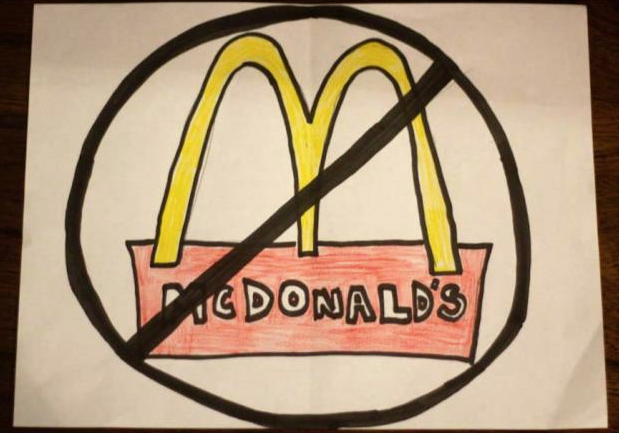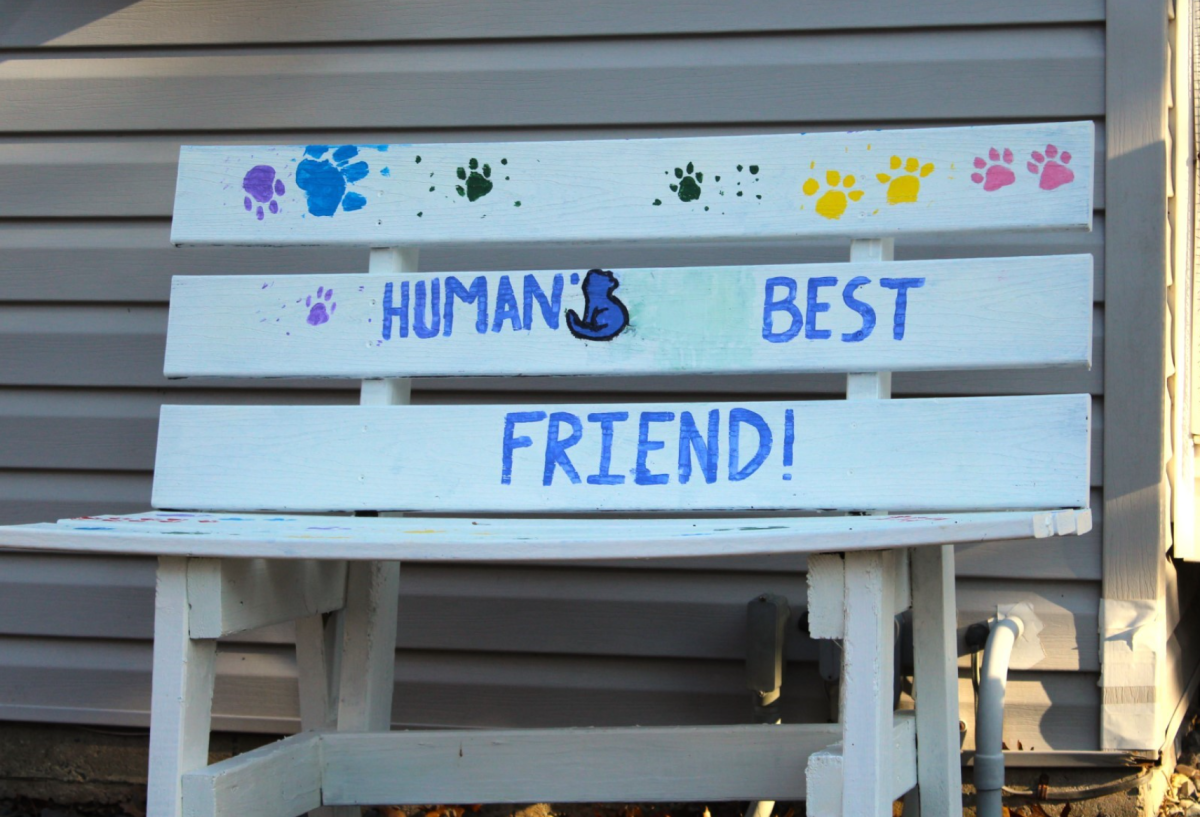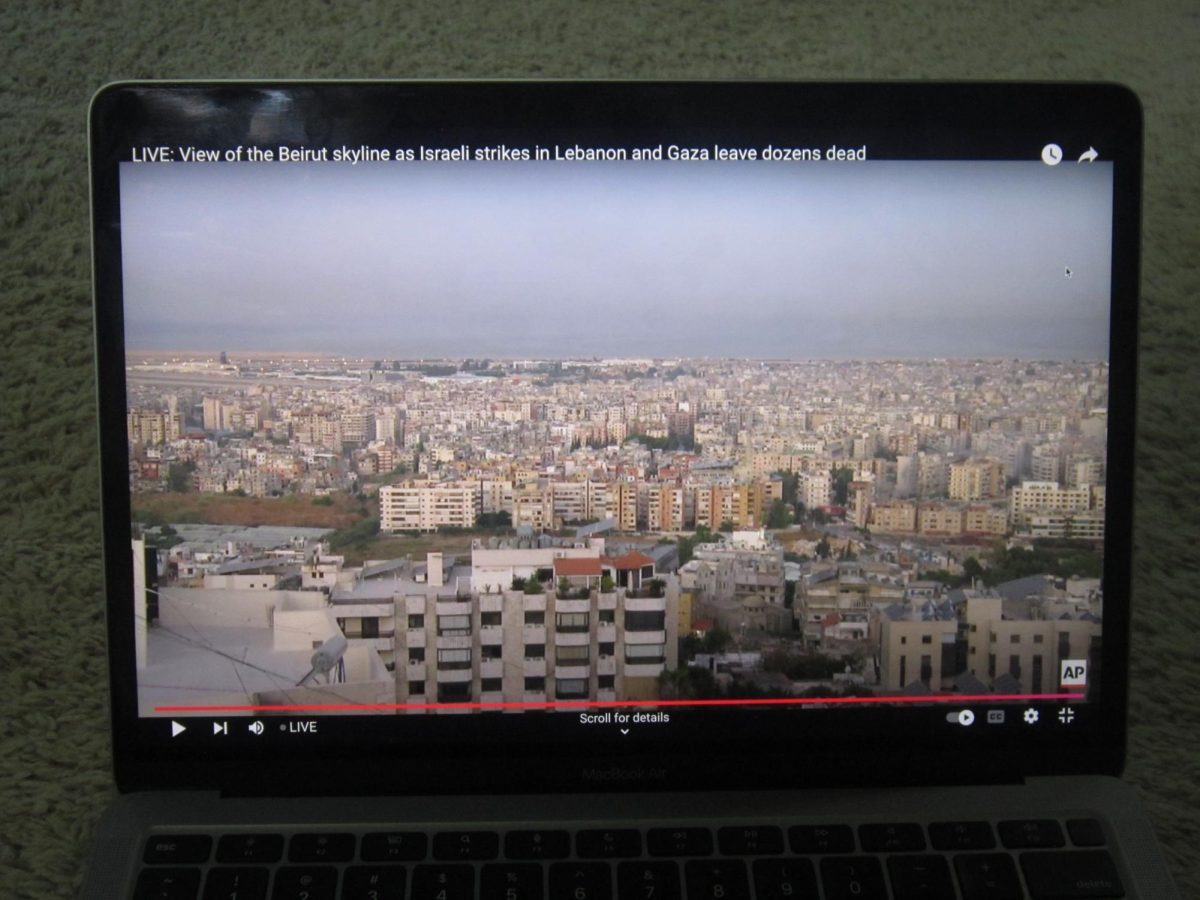According to Gaza’s health ministry, Israel has killed over 26,000 Palestinians in its prevalent siege of Gaza and these brutal attacks show no signs of stopping or slowing down which has led to global panic and fear for Palestine’s outcome.
This fear and worry for Gaza fuels efforts to take action against Israel, a big one being boycotts.
In light of the Israel-Palestine conflict, many companies and corporations have been the focus of pro-Palestine boycotts due to their affiliation and support for Israel. Whether they outwardly express their undeniable support and alliance, or they choose a subtler approach, their endorsement triggers pro-Palestine boycotts all around the world.
A large trend in the boycotts have been fast food chains as many of them have strong ties to Israel and show support to the Israeli Defense Forces (IDF). A few of the fast-food chains that are aiming for boycotts because of their affiliation with Israel are McDonald’s, Burger King, Pizza Hut, and Starbucks.
Ever since conflicts arose, the McDonald’s franchise in Israel has donated over a hundred thousand meals to security forces, local residents, and hospitals. McDonald’s Israel has claimed on social media to have given out 100,000 free meals so far.
In addition, a McDonald’s operator has been offering discounts to soldiers, security forces and others since Hamas’ attack on October 7. This has led the Palestinian BDS National Committee (BNC), the largest Palestinian coalition that leads the global BDS movement, to support boycott efforts against McDonald’s.
Burger King is affiliated with Israel through an Instagram post made by Burger King Israel which showcases one of their locations packaging free food to give to Israeli military personnel. Although they had not released any official statement regarding their provision of free meals to the Israeli army, the post raises many questions about Burger King’s direct involvement in aiding the IDF and suggests that they are in alliance with Israel.
Pizza Hut has a tie to Israel through its parent company, Yum Brands, which invests in Israeli startups, indicating that it’s standpoint is with Israel. It is also believed that Pizza Hut sent free pizza to Israeli soldiers based on a story that Pizza Hut’s Israeli Instagram account reposted. The story contained two IDF soldiers holding stacks of Pizza Hut boxes.
Starbucks is related to Israel through its private shareholder, Howard Schultz, who is known for his support of Zionism. Schultz made a $1.7 billion investment in an Israeli cybersecurity startup called Wiz, showing support for Israel’s economy.
Although most of the companies being boycotted are extremely large, thousands of people from many countries, such as Jordan, Egypt, and Turkey, are making efforts to take action and go against these companies by causing a widespread consumer movement against them.
Social media plays a huge role in this movement as its accessibility allows it to be a universal resource to spread boycott lists and coordinate efforts to go for local alternatives that are not in collaboration with Israel, such as Chick-fil-A.
Chick-fil-A has started to make charitable contributions towards causes associated with the Palestinian freedom movement, particularly the Islamist group Hezbollah.
Companies are facing backlash and boycotts for supporting Israel and its attacks on Gaza because of the combined efforts of people around the world choosing to take a stand against these companies. The determination of boycotters proves that there are people out there who will go to great lengths to try and support the citizens of Gaza and stand with them through the warfare.







